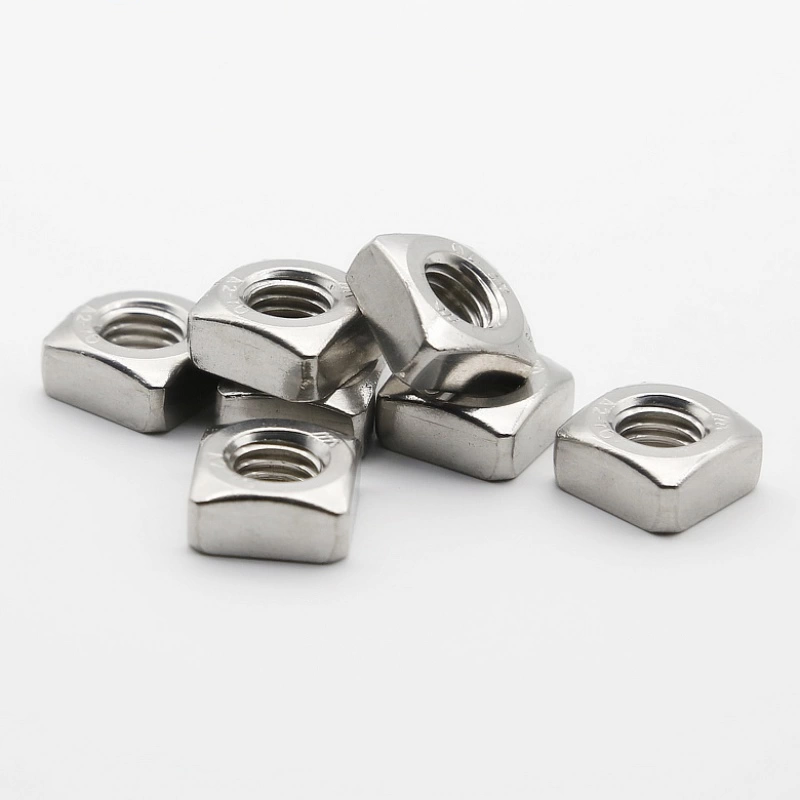

types of bolts
Nov . 15, 2024 10:42 Back to list
types of bolts
Understanding the Different Types of Bolts A Guide to Fastening Solutions
Bolts are essential fastening devices widely used in construction, manufacturing, and various types of machinery. They come in numerous varieties, each designed for specific applications, strengths, and materials. Understanding the different types of bolts can help in choosing the right one for your project, ensuring safety, durability, and effectiveness. In this article, we will explore some common types of bolts and their uses.
1. Hex Bolts
Hex bolts are one of the most common types of bolts. They feature a hexagonal head that can be tightened or loosened using a wrench. These bolts are typically used in construction and mechanical applications due to their ability to withstand high levels of torque. They often come in various grades and materials, such as carbon steel and stainless steel, providing options for different strength requirements and environmental conditions.
2. Carriage Bolts
Carriage bolts have a rounded head and a square section underneath, which helps prevent the bolt from turning when the nut is tightened. These bolts are primarily used in wooden structures, such as outdoor furniture or decking, providing a smooth finish and preventing the bolt from protruding excessively. They are particularly useful because their design minimizes the risk of rust, making them ideal for outdoor applications.
3
. Lag BoltsLag bolts, or lag screws, are large, heavy-duty fasteners commonly used in wood construction projects. They are typically galvanized or coated for corrosion resistance and feature a hex head for easy tightening. Lag bolts are ideal for heavy-duty applications, such as securing beams or heavy equipment to wooden structures. Their coarse threads provide a strong grip, making them suitable for heavy loads.
4. Machine Bolts
types of bolts

Machine bolts are similar to hex bolts but are typically used in machinery and mechanical applications. They can come with flat, round, or hexagonal heads and are designed to fit into pre-drilled holes. Machine bolts are often used with nuts for a secure fastening but can also be employed with washers to distribute the load. Depending on the requirement, they can come in various configurations, including standard, metric, and varying thread pitches.
5. T-Bolts
T-bolts are used primarily in applications where a secure and adjustable fastening is necessary, such as in machinery and assembly fixtures. These bolts have a T-shaped head, allowing them to slide into a slot and provide a strong fastening point. Often used in conjunction with a nut, T-bolts are common in manufacturing and can adjust in position easily, catering to changing needs.
6. Anchor Bolts
Anchor bolts are designed to secure structures to concrete. They are embedded in concrete and provide a strong foundation for holding equipment, structures, or utilities in place. Available in various types, including L-shaped and J-shaped, anchor bolts are essential in construction for stabilizing buildings, fences, and heavy machines.
7. Shoulder Bolts
Shoulder bolts, or stripper bolts, feature a cylindrical shoulder that enables precise movement, often used in applications that require rotational movement or guiding. These bolts are commonly found in machinery where parts need to pivot around a fixed point. Their design facilitates smoother operations and allows for increased efficiency.
Conclusion
Choosing the right type of bolt for your project is crucial for ensuring both the integrity and longevity of the construction or mechanism. Understanding the characteristics, strengths, and applications of various bolts can greatly enhance your effectiveness as a builder, engineer, or DIY enthusiast. Always consider the materials, size, and specific application requirements when selecting a bolt to ensure a stable and secure fastening solution. Whether you are constructing a building, creating custom furniture, or working on intricate machinery, the right bolt will make all the difference.
Latest news
-
Hot Dip Galvanized Bolts-About LongZe|High Strength, Corrosion Resistance
NewsJul.30,2025
-
High-Strength Hot Dip Galvanized Bolts - Hebei Longze | Corrosion Resistance, Customization
NewsJul.30,2025
-
Hot Dip Galvanized Bolts-Hebei Longze|Corrosion Resistance&High Strength
NewsJul.30,2025
-
High-Strength Hot-Dip Galvanized Bolts-Hebei Longze|Corrosion Resistance&High Strength
NewsJul.30,2025
-
Hot Dip Galvanized Bolts-Hebei Longze|Corrosion Resistance&High Strength
NewsJul.30,2025
-
Hot Dip Galvanized Bolts - Hebei Longze | Corrosion Resistance, High Strength
NewsJul.30,2025

